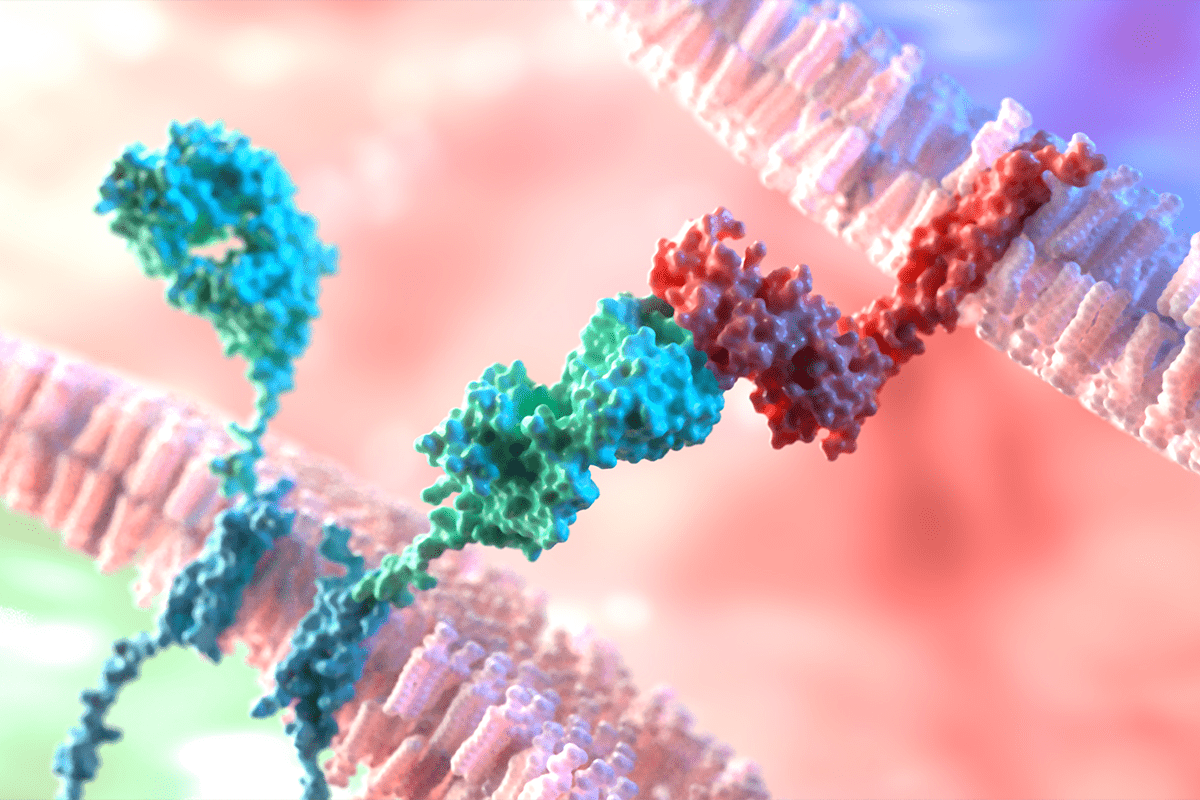A major obstacle to cancer immunotherapy is overcoming tolerance to ‘self-antigens’. While the immune responses against foreign antigens are not susceptible to self-tolerance, those mounted against tumour-associated self-antigens are subject to suppression by central or peripheral tolerance mechanisms (1). In humans, T-cell receptors (TCRs) that recognize self-tumour antigens have a lower affinity for the major histocompatibility complex (MHC): peptide complexes, compared to their virus-specific TCR counterparts, due to the thymic elimination of high-affinity TCRs. Thus, the endogenous T-cell activity is inadequate for the control of cancer (1).
Tumours . . .





